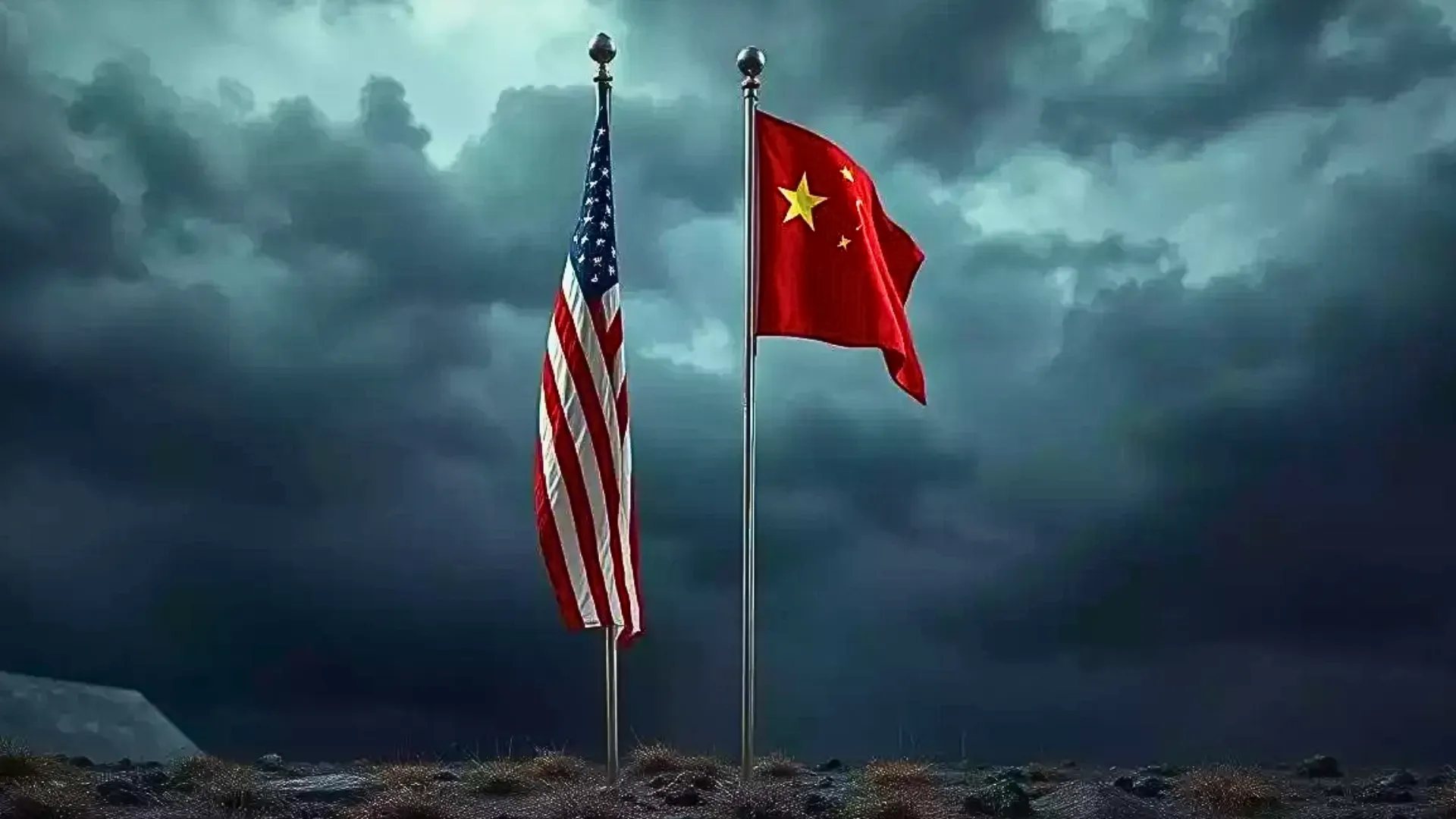In a new heightening of trade tensions between China and the United States, Beijing has put 12 U.S. firms under export prohibition and placed six more on its list of “unreliable entities.” The move, announced by China’s Ministry of Commerce, is one of the latest steps in the country’s wider effort to defend national interests and uphold global non-proliferation commitments amid growing economic tension with Washington.
Dual-Use Items Blocked, Licenses Now Required
The 12 US businesses added to the export control list are American Photonics, Novotech Inc., Echodyne, Marvin Engineering Company, Exovera, Teledyne Brown Engineering, BRINC Drones, SYNEXXUS, Firestorm Labs, Kratos Unmanned Aerial Systems, Domo Tactical Communications, and Insitu Inc. These businesses are now excluded from receiving dual-use items goods with civilian and military use from China. Current exportations to these organizations are to immediately stop, and future exports are to be authorized by special governmental approval.
At the same time, China has placed six US companies on its unreliable entities list: Shield AI, Sierra Nevada Corporation, Cyberlux Corporation, Edge Autonomy Operations LLC, Group W, and Hudson Technologies. Entities on this list are prohibited from doing import and export business with Chinese companies and are prevented from making new investments in China.
China Retaliates Against US Tariffs
These aggressive actions follow only one day after the US imposed a broad 104% tariff on all Chinese imports. China retaliated by increasing tariffs on US imports to 84%, while taking tighter regulatory measures on targeted American companies operating in sectors considered sensitive to national security.
Under the Ministry of Commerce, the export controls are designed to protect China’s strategic technological interests and economic sovereignty while meeting international security norms.
This unfolding clash is likely to have a meaningful effect on China-US trade-dependent industries and disrupt supply chains connected to the most important technologies and military-related products. The moves indicate an escalating geopolitical divide, with both nations using tariffs and regulatory measures to dominate and shield strategic areas from perceived foreign vulnerabilities.























